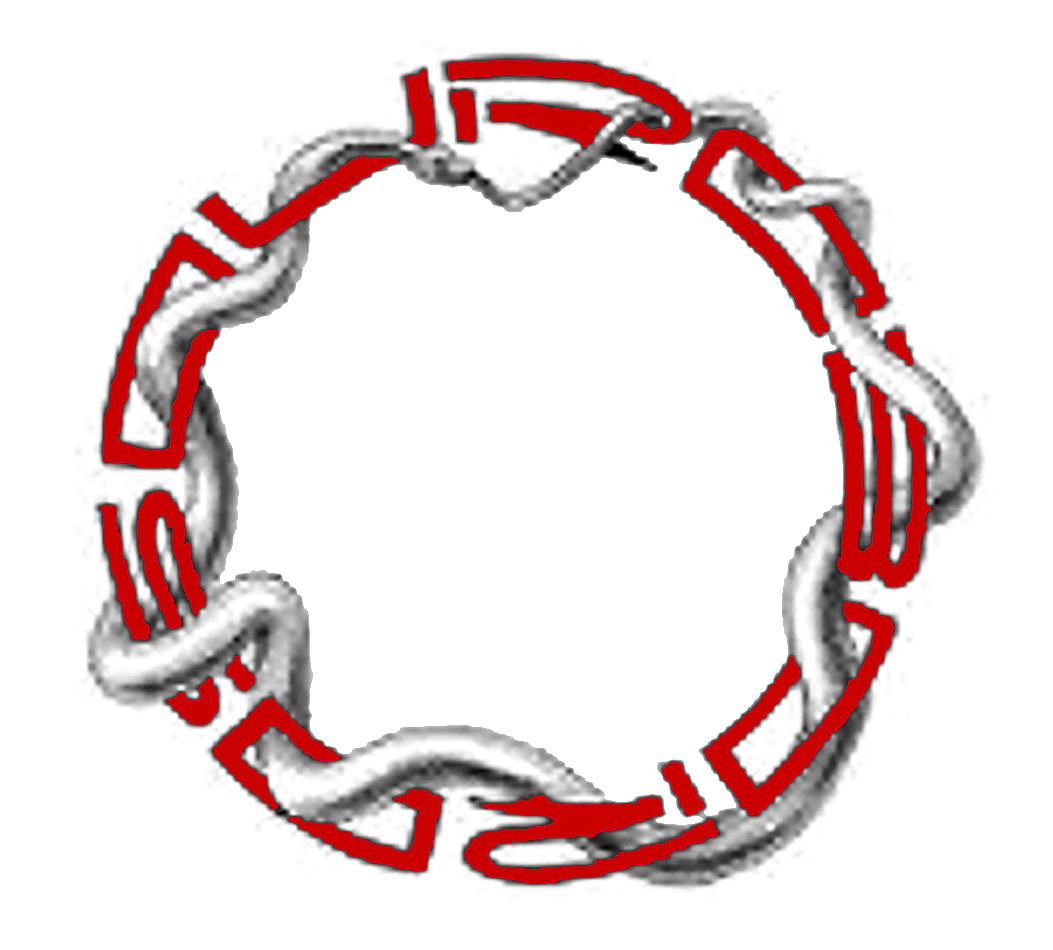the iron law of prohibition
(read the book free online – get a copy for your Kindle – read the Reddit AMA)
Much like pinatas, there are a plethora of reasons to legalize marijuana. There’s the fact that it’s easier for American teens to buy than alcohol anyways, the fact that legalizing marijuana alone would raise nearly $20 billion in taxes and savings, the fact that its illegality helps directly fund the muderous multi-billion dollar international drug trade, the fact that scientifically it’s markedly less harmful than either alcohol or tobacco:

But if you’re at all interested in the issue, you’ve likely heard all of the above arguments before. After all, our drug laws have never really been about public safety, but instead “on the belief that there is a class in society that can control themselves, and there is a class in society which cannot.” However, one argument you may not have heard applied to America’s ongoing War on Drugs is the the Iron Law of Prohibition:
The law says that the more you try to enforce prohibition (bigger budgets, larger penalties, etc.) the more potent and dangerous prohibited drugs become. This is based on the premise that when drugs or alcohol are prohibited, they will be produced only in black markets in their most concentrated and powerful forms. If all alcohol beverages are prohibited, a bootlegger will be more profitable if he smuggles highly potent distilled liquors than if he smuggles the same volume of small beer. In addition, the black-market goods are more likely to be adulterated with unknown or dangerous substances. The government cannot regulate and inspect the production process, and harmed consumers have no recourse in law. When applied to rum-running, drug smuggling, and blockade running the more potent products become the sole focus of the suppliers.
14 comments » | Breaking Bad, controlled substance, crystal meth, drug violence, gangsters, legalize marijuana, legalize weed, marijuana, news, organized crime, oxycodone abuse, oxycontin, politics, prison system, Prohibition, racial inequality, reform, war on drugs





